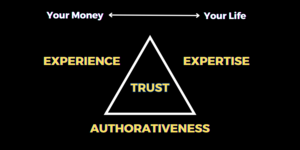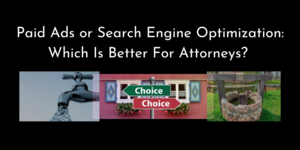If you decided to stop the excitement and frustration yo-yo of typical goal setting / lifestyle design, redirecting your focus onto incremental change is an alternative. While having a long-term direction guides day-to-day activities, focusing on smaller advances toward the objective represents a different approach. By focusing more on the active Now (instead of some desired Future), every #OneSmallChange must be more immediately achievable and returns much quicker feedback.
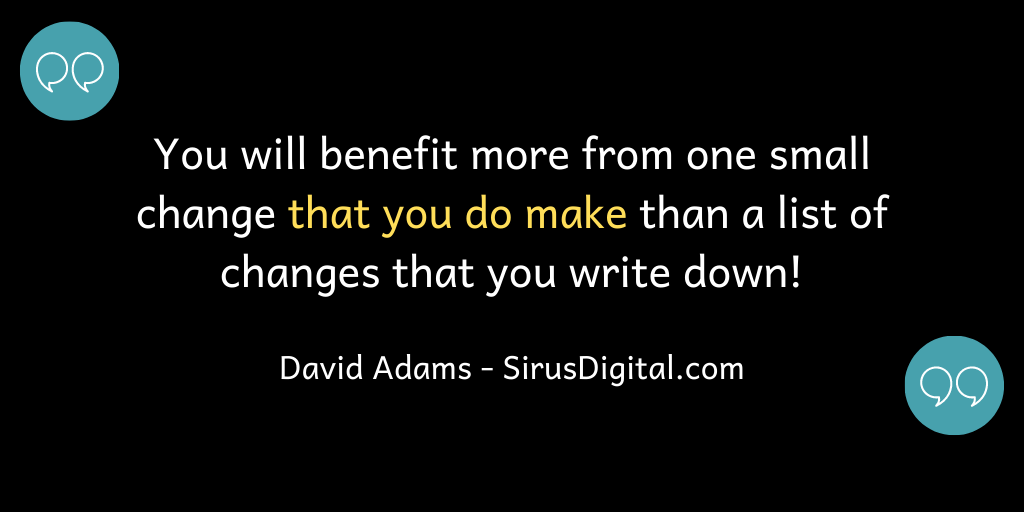
Here's How I Do It
Planning and achieving small changes on a daily basis occurs when you start your days with a purpose, measure your progress, and strive for incremental improvements along the way.
I follow a six-step process that you can adopt (or adapt) to your unique situation.
- Start-The-Day – If you have a habit or pattern to start your day, here is where you keep any details. (Examples can include daily task reviews, activities, meditations, etc.)
- #BigRock – Identify your big win for the day. Find the one activity, action, or behavior that (if accomplished) will make you sleep more peacefully tonight. Highlight that at the top of the daily notes and refer to it multiple times during the day until you have accomplished it.
- To-Do – The reality is that we have multiple items on our lists. Just remember that these items, while important, are not your top priority to finish.
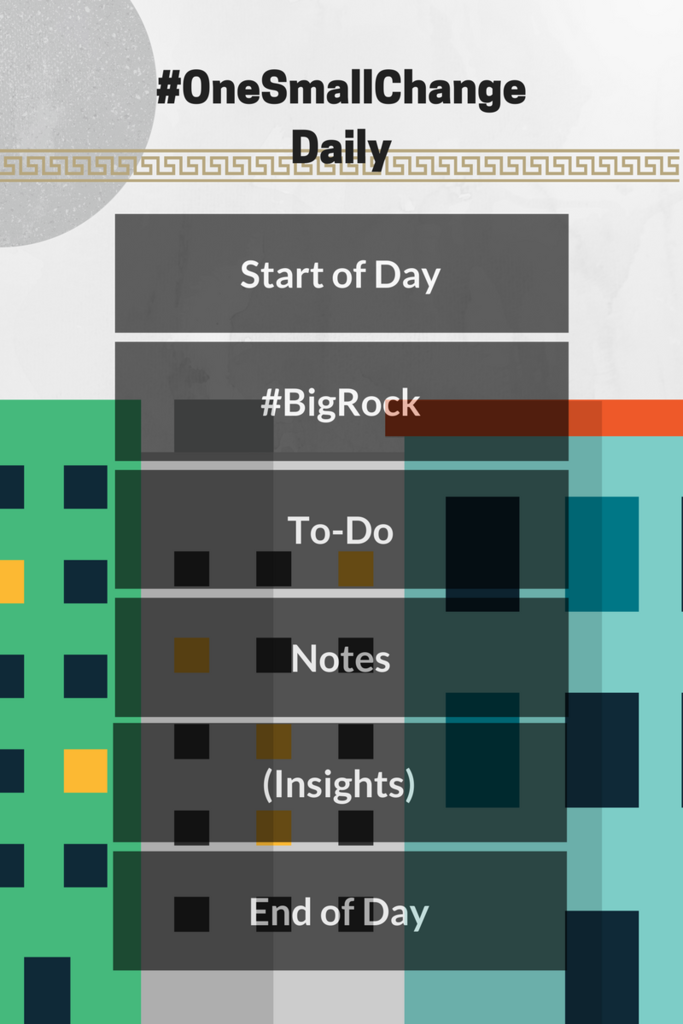
- Notes – As a serially-forgetful person, if I need to remember something, I write it here! Since very few of us remember everything, you should too.
- (Insights) – If I hear a cool quote, come to a fresh idea, find a source for later follow-up, I add them here. Often, these items lead to additional activities planned during my “Week-In-Review” (more on that process later)
- End-The-Day – As the bookend for your Start-The-Day, this serves the same practice for your daily wrap-up. (Examples can include task lists or preparatory actions readying for the next day.)
Personal Practice Note: If there is an especially difficult question or important decision upcoming, I will often write it down and mentally repeat it 4-5 times right before I go to sleep. It seems to activate and engage other neural pathways enabling creative solutions that I struggled to find while awake.
There’s no excuses for not being able to do this! There is no expensive software to buy. It is not an inordinate amount of time required to view each day in the context of what you need to get done and what you did get done. As the name suggests, it is about making #OneSmallChange followed by another.
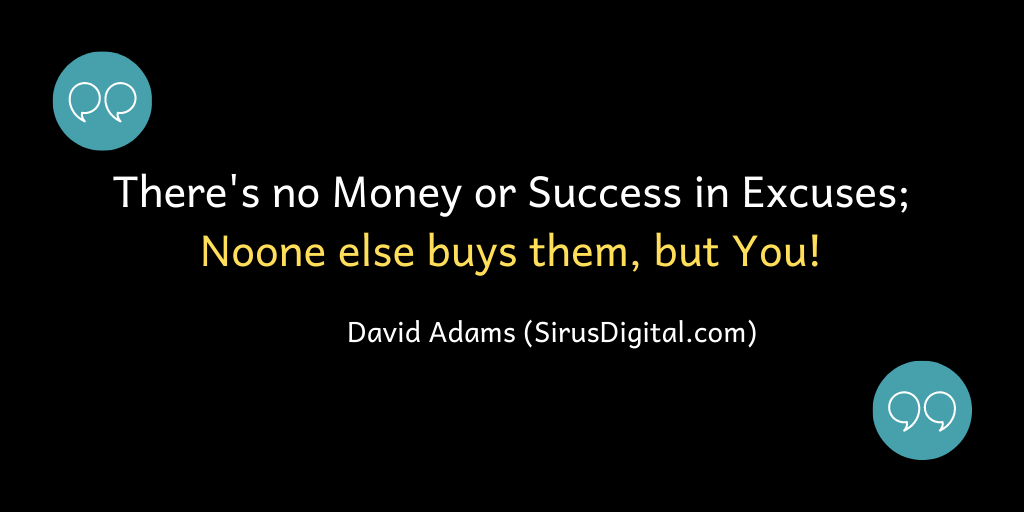
I manage mine in a 5″x8″ plastic notebook (from Walmart). This is actually the same notebook where I manage details for this and other websites.
(Update: This post originated in January 2017. I still follow this process, but do so in a 5×8 Hardbound notebook! #Upgrade)
These are changes that you too can make (and you should)!
